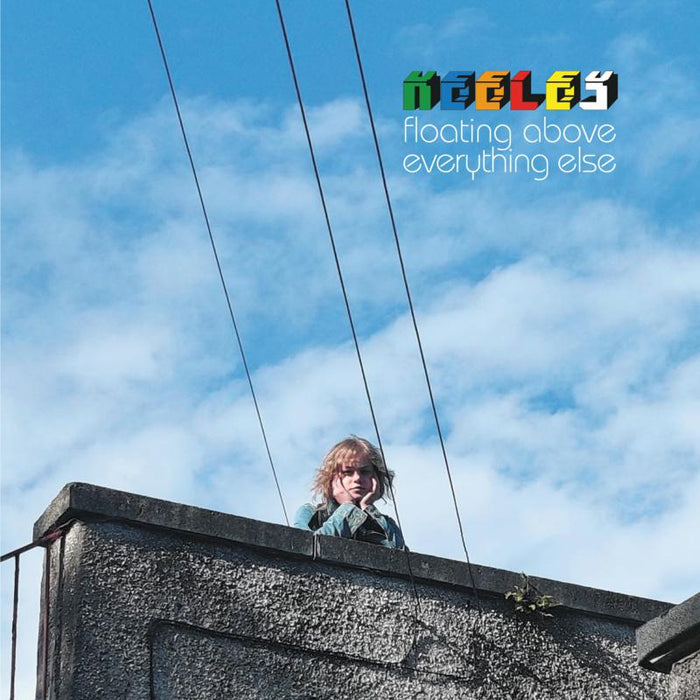Description
Marcel Dupre(1886-1971)Works for Organ, Vol.10Marcel Dupre was born into a musical family in Rouen in 1886. His fatherwas an organist who had been a pupil of Guilmant, who became Marcel's teacherfrom the time the boy was eleven Dupre was admitted to the Paris Conservatoireat sixteen, and among his teachers was Widor, whose assistant he became at thegreat church of St Sulpice in Paris four years later. Having won the coveted GrandPrix de Rome in 1914, Dupre began his rise to fame with internationalrecital tours, in which he performed (in Paris and New York) Bach's completeorgan works from memory - a stunning feat which had been his ambition since hewas a child. His American debut concluded with an improvised four-movementorgan symphony, described at the time as "a musical miracle".In 1925 he purchased a house in the Parisian suburb of Meudon, where hehad a house organ installed which had belonged to Guilmant. Pupils from allover the world were soon to flock here. A year later he was appointed professorof organ at the Paris Conservatoire, where his pupils included both Jehan andMarie-Claire Alain, Jean Guillou, Jean Langlais, and Olivier Messiaen. Hesucceeded Widor as organist of St Sulpice in 1934, where he remained for therest of his life, improvising (as has always been the custom in France) for theMass and Office, unfailingly matching the music to the occasion. He alsopublished a famous edition of Bach's organ works, as well as textbooksincluding the well-known Cours d'improvisation. In the succeeding yearsuntil his death in 1971 he received many honours and awards, and composed worksthat now appear on recital programmes and in recordings all over the world. Onthe morning of the very day of his death (at home in Meudon) he played his twofinal Masses at St Sulpice.Dupre's Scherzo, Op. 16 is a diabolical perpetuum mobile composedaround 1918, and is said by his friend Robert Delestre to be typical of thepostludes that he improvised following services in that period. It reveals his extraordinaryimaginative powers served by a flawless technique.The Sixteen Chorales (Le tombeau de Titelouze), Op. 38,dating from 1942, are conceived on several levels. Firstly, they are describedby the composer as pieces 'for beginners' (though they rise to a level ofconsiderable dexterity) and are carefully graded according to difficulty, withDupre's own fingering and pedalling added. Secondly, they celebrate one of thegreat founders of French organ composition and playing, who lived and worked inDupre's home city, Rouen. Jehan Titelouze (c. 1563-1633) became a Canon atRouen Cathedral, and wrote two series of pieces on Latin hymns. Dupreincorporates eight of those that his predecessor had set 300 years earlier. Howthrilled Titelouze would have been to have realised how masterfully thetradition he had begun was still continued.Annonciation (2 Meditations pour argue), Op. 56,refers, of course, to the Angel Gabriel's Annunciation to the Virgin Mary. Thefirst Meditation, i










